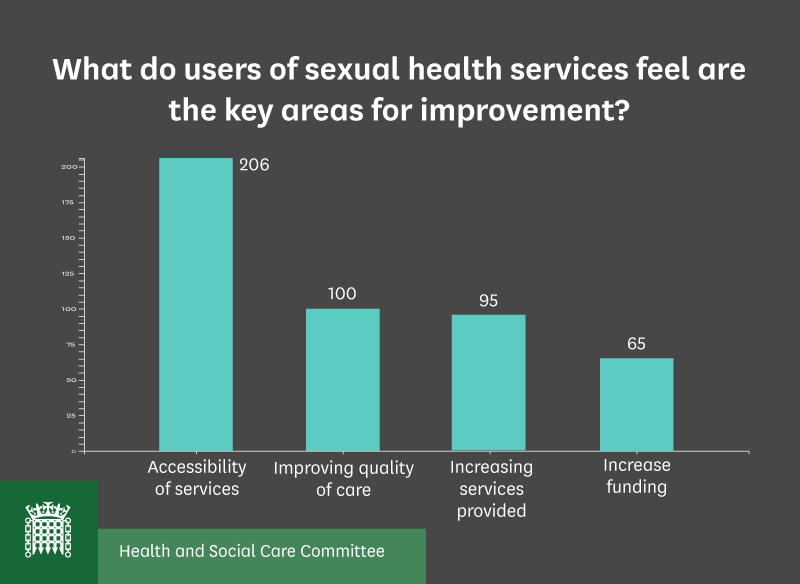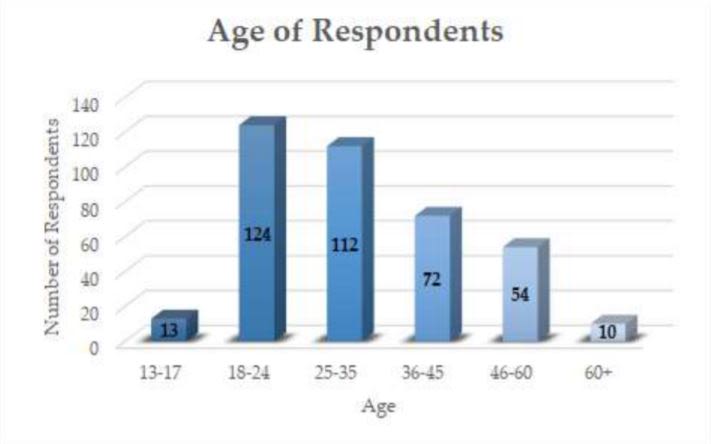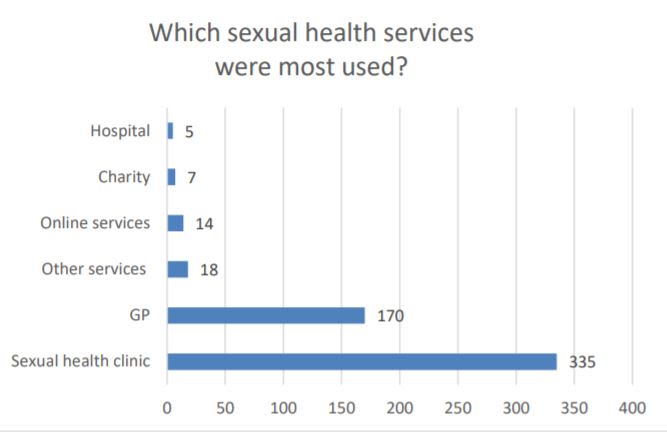How should sexual health services be improved?
Five recommendations for a new national strategy from the Health and Social Care Committee

The current situation
Despite top line figures for sexual health appearing positive they hide a number of seriously concerning underlying trends and inequalities as poor sexual health outcomes fall disproportionately on certain groups.
Good sexual health is a vital aspect of overall health and wellbeing. That is helped by easy access to high quality information and sexual health services.
There has been a significant decline in new HIV diagnoses, thanks to a sustained long-term effort and more recently the introduction in some areas of PrEP. There has also been a fall in genital warts, due to HPV vaccinations, and chlamydia, since the introduction of the chlamydia screening programme.
There are worrying trends however for the diagnoses of syphilis and gonorrhoea, which have increased by 20% and 22% respectively from 2016 to 2017, in line with significant rises over the past decade.
Poor sexual health can lead to serious personal long-term health consequences for individuals. The impact of STIs is greatest in young people. Men who have sex with men (MSM) are also disproportionately affected by STIs.
Over half of those diagnosed with HIV in the UK in 2017 were gay or bisexual men. There are also disparities in the impact of STIs on minority ethnic groups. The rates of gonorrhoea and chlamydia in black and minority ethnic (BME) populations are three times that of the general population.




Our inquiry
We received over 90 submissions following our call for evidence, from a broad range of groups and individuals.
We held two oral evidence sessions in which we heard from a range of stakeholders working in sexual health, including national organisations representing providers and commissioners and charities, along with senior officials and the Minister.
We were particularly keen to hear from individuals with experience of using sexual health services, as given the sensitivities around sexual health, it is an area where services users may have particular issues having their voices heard.
We therefore ran an online survey, from which we heard directly from nearly 400 service users about their experience of using sexual health services and improvements they would like to see.
We are also extremely grateful to the service providers and commissioners that we met during our visit to Plymouth who contributed to the inquiry.




Our recommendations


1. A new national strategy
We need a new sexual health strategy, to provide clear national leadership in this area.

2. Funding
The Government must ensure sexual health funding is increased to levels which do not jeopardise people's sexual health.

3. Services
National quality standards should be developed, setting out in detail a consistent basis for best practice across the country.

4. Prevention
Activities that encourage healthy behaviours and changes that reduce the risk of poor sexual health outcomes must be prioritised and adequately funded.

5. Workforce
A clear plan is required for the workforce to deliver sexual health services across England over the next decade.

The Government must now respond to our report.
Our report Sexual health was published on 2 June 2019.
Detailed information from our inquiry can be found on our website.
If you’re interested in our work, you can find out more on the House of Commons Health and Social Care Select Committee website. You can also follow our work on Twitter.
The Health and Social Care Committee scrutinises the work of the Department of Health and Social Care and its associated public bodies. It examines government policy, spending and administration on behalf of the electorate and the House of Commons.
